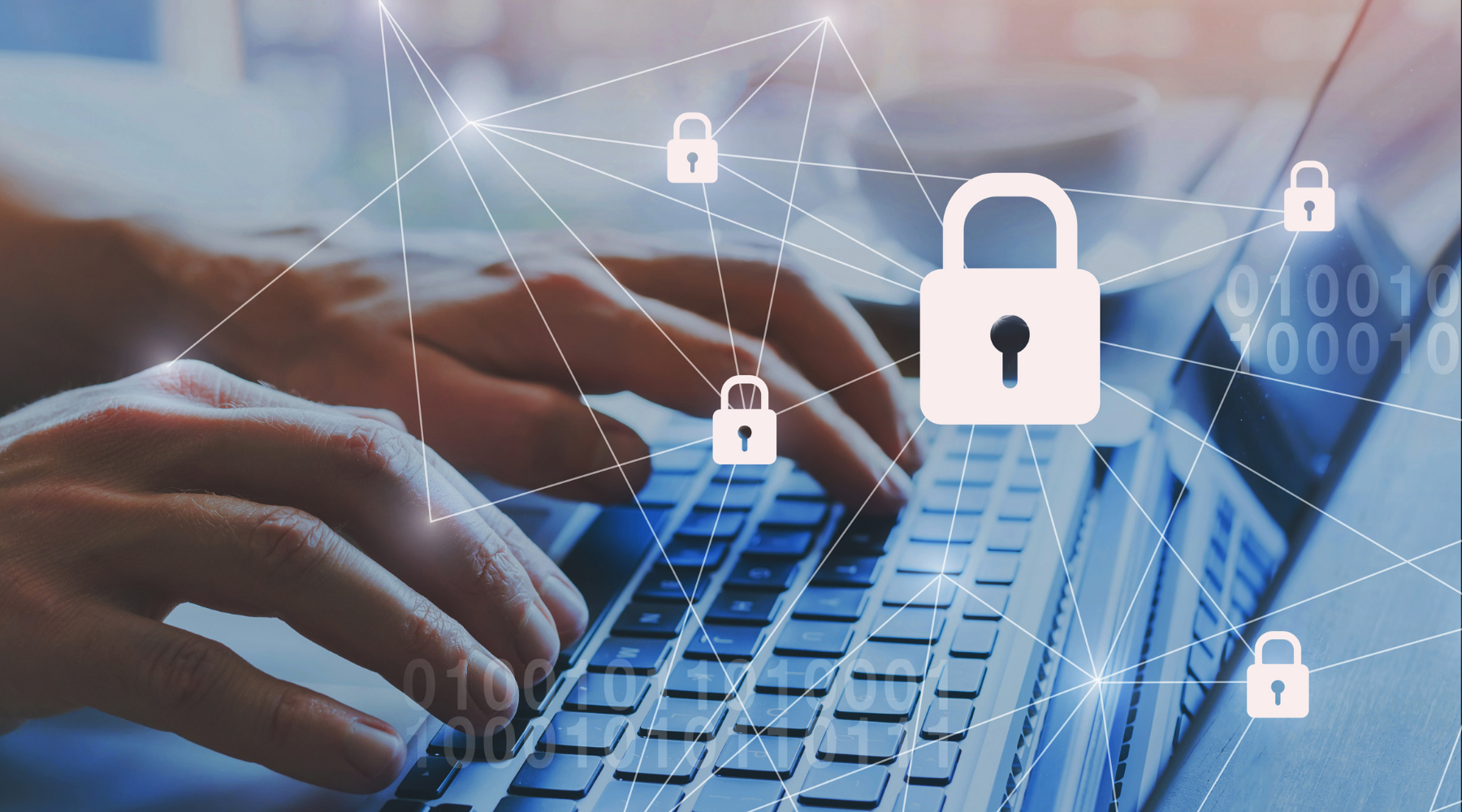In today’s digital world, our lives are more connected than ever. We shop, bank, and socialize online, which brings incredible convenience but also significant risks to our security and privacy. Let’s dive into how you can protect yourself online and keep your personal information safe.
Why Online Security and Privacy Matter
With so much of our personal and financial information available online, the risks of cyber threats are higher than ever. Hackers, scammers, and cybercriminals are constantly looking for ways to steal data, money, and even identities. Understanding online security and privacy is essential to protect yourself from these threats.
Key Threats to Online Security and Privacy
Phishing Attacks
Phishing attacks involve fraudulent emails or websites designed to steal your personal information, such as passwords or credit card numbers. These attacks often look legitimate, making them easy to fall for.
Malware and Viruses
Malware is malicious software that can infect your devices, steal data, and cause damage. Viruses, a type of malware, can spread from one device to another, compromising your security.
Data Breaches
Data breaches occur when unauthorized individuals gain access to a company’s data, exposing sensitive information such as usernames, passwords, and credit card details.
Identity Theft
Identity theft happens when someone uses your personal information without your permission to commit fraud or other crimes. This can lead to significant financial loss and damage to your reputation.
How to Protect Yourself Online

Use Strong, Unique Passwords
Create strong passwords that are hard to guess. Use a mix of letters, numbers, and special characters, and avoid using the same password across multiple sites. Consider using a password manager to keep track of your passwords securely.
Enable Two-Factor Authentication (2FA)
Two-factor authentication adds an extra layer of security by requiring a second form of verification in addition to your password. This could be a code sent to your phone or an app-generated code.
Be Cautious with Emails and Links
Be wary of emails from unknown senders, especially those asking for personal information or containing links. Verify the sender’s email address and avoid clicking on suspicious links or downloading attachments.
Keep Your Software Updated
Regularly update your software, including your operating system, browser, and apps. Updates often include security patches that fix vulnerabilities.
Use Secure Networks
Avoid using public Wi-Fi for sensitive activities such as online banking. If you must use public Wi-Fi, use a virtual private network (VPN) to encrypt your connection and protect your data.
Monitor Your Accounts
Regularly check your bank and credit card statements for any suspicious activity. Set up alerts for unusual transactions to catch potential fraud early.
Best Practices for Online Privacy
Limit Personal Information Sharing
Be mindful of the information you share online. Avoid posting sensitive details such as your home address, phone number, and financial information on social media and other public platforms.
Adjust Privacy Settings
Review the privacy settings on your social media accounts and other online services. Adjust them to limit who can see your information and what data is shared with third parties.
Use Encrypted Communications
Use encrypted messaging apps and email services to protect your communications from eavesdropping. Encryption ensures that only you and the intended recipient can read the messages.
Be Aware of Your Digital Footprint
Everything you do online leaves a digital footprint. Be conscious of the websites you visit, the information you share, and the interactions you have. Consider using tools that help you manage and minimize your digital footprint.
FAQs
1. What is the difference between online security and online privacy?
Online security focuses on protecting your data from threats such as hackers and malware, while online privacy involves controlling how your personal information is collected, used, and shared.
2. How can I tell if an email is a phishing attempt?
Look for signs such as poor grammar, urgent language, and unfamiliar sender addresses. Verify the sender’s email address and avoid clicking on links or downloading attachments from suspicious emails.
3. Why is two-factor authentication important?
Two-factor authentication provides an additional layer of security by requiring a second form of verification, making it harder for attackers to gain access to your accounts even if they have your password.











